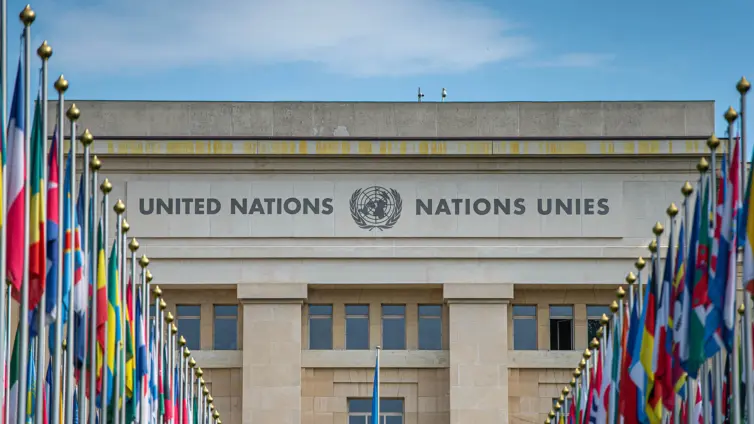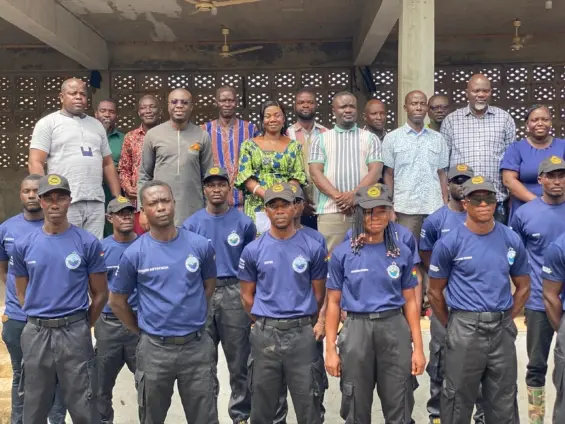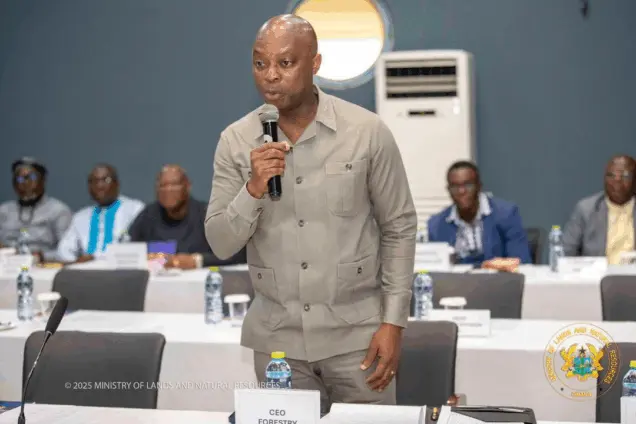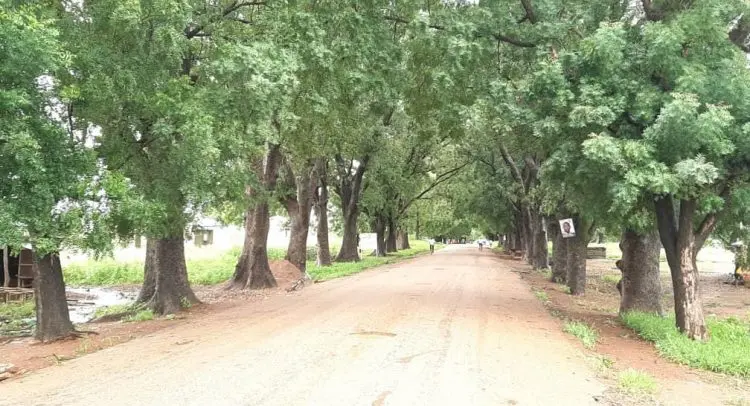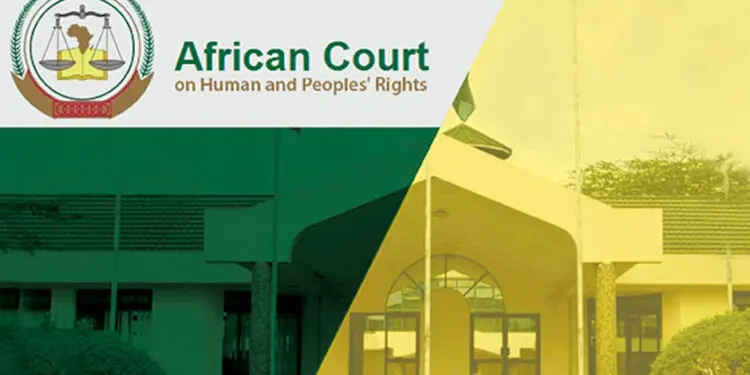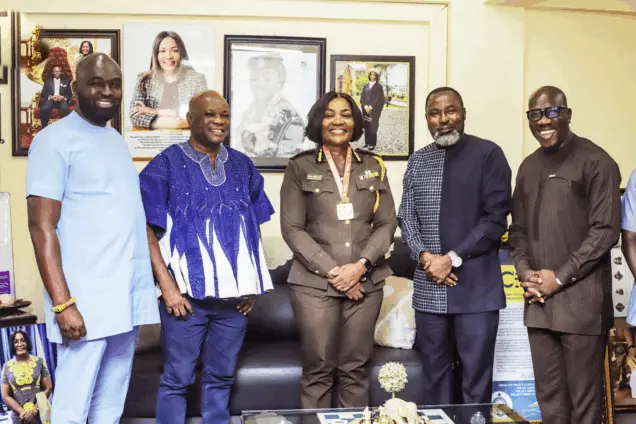The aroma of woodsmoke, a familiar scent in many Ghanaian homes, masks a harsh reality. For countless families, charcoal and firewood remain the primary cooking fuels, contributing to a silent crisis of deforestation and household air pollution. But a recent initiative, the Climate Talks Dialogue, signals a proactive step towards change, aiming to foster a future where clean cooking in Ghana is not just an aspiration, but a reality. Supported by the German Embassy, the dialogue highlights the urgent need to address the challenges and unlock the opportunities for cleaner, healthier cooking practices throughout the nation. This article explores the complexities of clean cooking in Ghana, examining the problems and highlighting potential solutions.
The Silent Killer: Household Air Pollution in Ghana
Household air pollution is a major, yet often overlooked, environmental health hazard in Ghana. Every year, approximately 16,000 premature deaths are attributed to the toxic fumes released from burning wood and charcoal indoors. The burden is shared between urban and rural areas, with roughly 8,500 deaths occurring in cities and 7,600 in the countryside. These emissions, laden with black carbon and other harmful particles, pose a significant threat to respiratory health.
“The effect of being exposed to smoke from cooking with firewood is the same as smoking two packs of cigarettes every day,” explains Dr. Richard Bright Danyoh, highlighting the severity of the issue. This constant exposure increases the risk of asthma, allergies, pneumonia, and even congenital malformations. Studies suggest that approximately 52% of birth defects may be linked to household air pollution resulting from unclean cooking methods. Pregnant women and young children are particularly vulnerable, facing long-term respiratory issues and developmental challenges from constant exposure to these pollutants.
Deforestation: Ghana’s Forests Under Threat
The reliance on charcoal and firewood for cooking fuels a devastating cycle of deforestation across Ghana. Over 90% of Ghana’s original forest cover has already been lost, and the relentless demand for wood continues to decimate remaining forests. The unsustainable harvesting of trees not only destroys vital ecosystems but also exacerbates climate change.
“The charcoal that is being produced and transported into Accra and other places comes from very far, even from the savannah zone. And that is even more worrying,” notes Daryl Bosu of A Rocha Ghana. An estimated 14.9 million tonnes of trees are felled annually to meet the demand for charcoal and firewood. Bosu warns that if current trends continue, key charcoal-producing regions could lose their forests within two decades, severely impacting both the environment and the livelihoods of communities that depend on them.
Progress and Solutions: A Path Towards Cleaner Cooking
Despite the challenges, progress is being made in the transition towards cleaner cooking in Ghana. According to Sarah Naa Dedei Agbey of the Ghana Alliance for Clean Cooking, biomass usage has declined since 2012, indicating a positive shift in cooking practices. This progress is underpinned by Ghana’s clean cooking policy, strategy, and investment prospectus, demonstrating a commitment to sustainable energy solutions.
Lovans Owusu-Takyi of ISEES emphasizes the need for wider adoption of clean cooking technologies, particularly in urban and sub-urban areas. Improved cookstoves and clean fuel options offer numerous benefits, including improved health, cost-effectiveness, and increased convenience. “If we are able to promote the use of improved cookstoves and liquefied petroleum gas, it has the propensity to help us to reduce the environmental burdens that we have and improve our personal lives,” Owusu-Takyi stated. The transition to clean cooking technologies represents a significant opportunity to reduce household air pollution, protect forests, and improve the well-being of Ghanaians.
Climate Talks Dialogue: A Catalyst for Change
The Climate Talks Dialogue serves as an important platform for fostering discussions and collaborations aimed at accelerating the adoption of clean cooking solutions. The dialogue highlights the critical role of community engagement in ensuring the success of clean cooking initiatives, emphasizing the importance of tailoring solutions to meet the specific needs and preferences of different communities. The discussions emphasized the need for collaborative efforts among government agencies, private sector stakeholders, and community organizations.
The transition to clean cooking in Ghana presents both significant challenges and promising opportunities. Addressing the issues of deforestation and household air pollution requires a concerted effort to promote cleaner, healthier, and more sustainable cooking methods. As the Climate Talks Dialogue underscores, the future of clean cooking in Ghana starts with the choices made today, emphasizing the urgent need for collective action to create a healthier and more sustainable future for all.
Image Source: MYJOYONLINE






